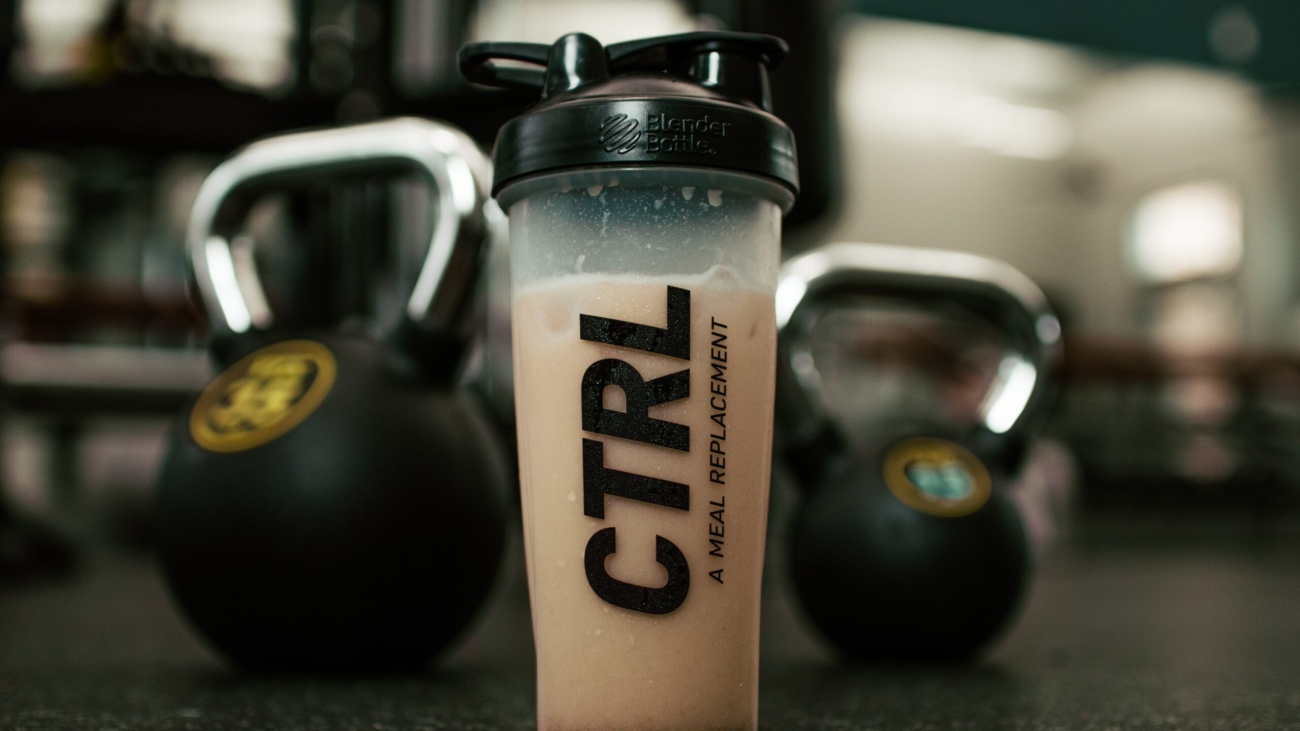Everyone knows that having a balanced diet with the right amount of protein is crucial for achieving your fitness goals. But did you know that protein can also help you reach those goals faster? Read on to learn the surprising benefits of protein and how it can help you get fit quicker!
What is Protein and its Importance for Fitness Goals
Protein is a macronutrient that is essential for the human body. It is made up of amino acids, which are the building blocks of muscle tissue. Protein is necessary for the growth and repair of tissues, and it plays a role in many metabolic processes.
Protein is an important part of a healthy diet, and it can help you reach your fitness goals faster. Getting enough protein can help you build muscle, lose fat, and improve your performance. Protein can also help you recover from exercise and stay energized throughout the day.
If you are trying to lose weight, eating more protein can help you feel fuller longer and reduce your overall calorie intake. If you are trying to build muscle, eating adequate protein is essential for increasing muscle mass. And if you are looking to improve your performance, protein can help by providing energy and aiding in recovery.
No matter what your fitness goals are, including protein as part of your diet can help you reach them faster. Make sure to include a variety of protein-rich foods in your meals and snacks, such as meat, poultry, fish, eggs, dairy products, beans, nuts, and seeds.
Sources of Protein that are Good for Workouts
A protein-rich diet is essential for anyone looking to improve their fitness and build muscle. But with so many different sources of protein available, it can be difficult to know which ones are best for working out. Here are some of the best sources of protein for workouts:
1. Eggs: Whole eggs are an excellent source of protein, providing all the essential amino acids your body needs to build muscle. They’re also easy to cook and can be enjoyed in a variety of ways.
2. Chicken: Chicken is another great source of protein for workouts. It’s lean and low in calories, making it ideal for those looking to lose weight or maintain their weight. Plus, it’s easy to cook and can be incorporated into many different recipes.
3. Fish: Fish is a great source of protein for athletes and bodybuilders alike. It’s packed with nutrients that help support muscle growth and recovery, making it an essential part of any workout regimen.
4. Whey Protein Powder: Whey protein powder is a convenient way to get extra protein into your diet. It’s perfect for pre-workout shakes or post-workout recovery drinks, and can also be used in baking or cooking to boost the protein content of meals.
5. Beans: Beans are a cheap and easy way to add extra protein to your diet. They’re high in fiber and contain all the essential amino acids your body needs to build muscle, making them an ideal choice for anyone looking to improve their fitness.
6. Nuts and Seeds: Nuts and seeds are a great source of healthy fats, as well as plant-based proteins. They’re perfect for snacking on or making into nut or seed butters so they can be spread on toast or used in baking.
Benefits of Protein for Workouts
If you’re like most people, you probably think of protein as something that bodybuilders and athletes need to bulk up. But protein is actually an important nutrient for people of all ages and activity levels. And if you’re trying to improve your fitness or lose weight, eating more protein can help you reach your goals faster. Here are a few ways that protein can help you get in shape:
1. Protein helps build muscle.
If you want to gain muscle, you need to eat enough protein to support muscle growth. Protein provides the building blocks (amino acids) that your body uses to create new muscle tissue. Eating plenty of protein can also help prevent age-related muscle loss.
2. Protein aids weight loss.
If you’re trying to lose weight, adding more protein to your diet can help. That’s because protein helps you feel fuller longer, so you’re less likely to snack between meals or overeat at mealtime. What’s more, protein helps preserve lean muscle mass as you lose fat, which means you’ll burn more calories even when you’re resting.
3. Protein provides energy for workouts.
Protein isn’t just important for post-workout recovery; it can also give you a pre-workout energy boost. That’s because amino acids from protein are used by your body to make glucose, a type of sugar that’s the primary source of energy for your body.
How to Calculate Your Needs
When you are trying to determine how much protein you need to support your fitness goals, there are a few things to consider. First, think about your weight and activity level. If you lead a sedentary lifestyle, you will need less protein than someone who is very active. Second, consider your muscle mass. The more muscle mass you have, the more protein you need.
Finally, think about your goals. Are you trying to build muscle or lose fat? If you are trying to build muscle, you need more protein than if you are just trying to lose fat. To calculate your specific protein needs, there are a few different formulas you can use. A common formula is 0.36 grams per pound of body weight.
So, if you weigh 150 pounds, you would need 54 grams of protein per day. Another formula that is often used is 1 gram of protein per pound of desired body weight. So, if you want to weigh 120 pounds, you would need 120 grams of protein per day. No matter which formula you use, it is important to remember that these are just estimates. You may need more or less protein depending on your individual circumstances. If possible, it is always best to speak with a Registered Dietitian or other nutrition professional to determine your specific needs.
Conclusion
Protein is essential for athletes and anyone looking to reach their fitness goals faster. It helps build muscle, enhances recovery times and increases energy levels so that you can power through your workouts with maximal effort. Though we have only touched the surface of protein’s many benefits here, by now you should have a better understanding of why it is important to incorporate enough of it into your daily routine if you are serious about achieving your health and fitness objectives sooner rather than later. With this knowledge in hand, start making strategic changes to your diet today and experience the difference that high-quality proteins can make!

